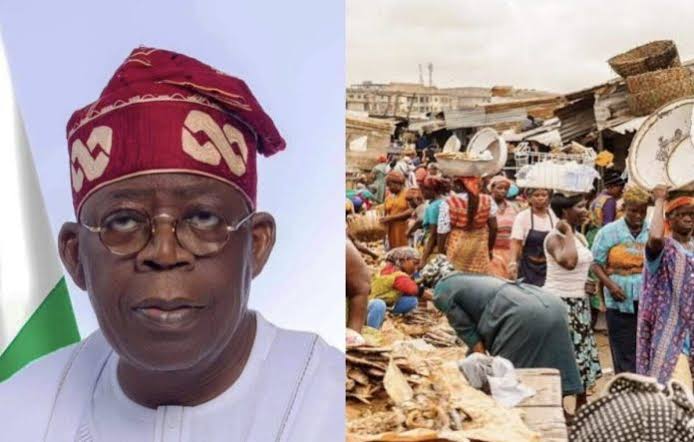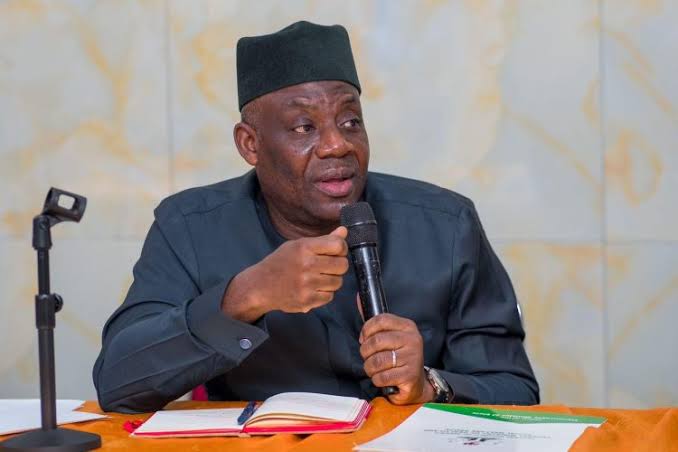Deep Poverty, Economic Frustration Looms Pending Implementation of Tinubu’s Tax Laws – Economists
“These policies turn ‘Renewed Hope’ into hopelessness”

As Nigeria braces for the implementation of President Bola Tinubu’s sweeping tax reforms in 2026, a chorus of prominent economists and analysts warns that the new measures, including a 5% fuel surcharge and a mandatory Taxpayer Identification Number (Tax ID) policy, could plunge millions deeper into poverty and fuel widespread economic frustration.
The Nigeria Tax Act, 2025, introduces a phased VAT increase from 10% in 2026 to 15% by 2031, alongside a fuel tax to fund road infrastructure. Concurrently, the Nigeria Tax Administration Act mandates a Tax ID for opening or operating bank accounts, engaging in financial services, or securing government contracts starting January 1, 2026. While the government touts these reforms as critical to boosting Nigeria’s tax-to-GDP ratio from 10% to 18%, critics argue they risk exacerbating the nation’s economic woes amid soaring inflation and the lingering pain of fuel subsidy removal.
Prof. Usman Yusuf, a health economist and former Executive Director of the National Health Insurance Scheme, has branded the fuel tax “economic wickedness.” He argues that it will inflate transportation and food costs, disproportionately harming low-income Nigerians. “These policies turn ‘Renewed Hope’ into hopelessness,” Yusuf said, criticizing the administration for prioritizing revenue over citizen welfare. He also slammed the Tax ID policy as exclusionary, warning it could alienate informal sector workers who form the backbone of Nigeria’s economy.
Similarly, Dr. Oby Ezekwesili, a former World Bank economist and ex-Minister of Education, described the reforms as “good ideas executed with arrogance.” She highlighted the fuel tax’s potential to deepen inequality, noting that the subsidy removal already strained households without adequate safety nets. On the Tax ID mandate, Ezekwesili cautioned that it could exclude millions from financial services, driving them into informal cash systems and undermining financial inclusion efforts. “The government must rethink this to avoid pushing people into the economic shadows,” she urged.
Dr. Emmanuel Idenyi, a policy analyst, echoed concerns about the Tax ID policy, warning that poor enforcement could lock small businesses and low earners out of banking services. “With over 80% of Nigerians in the informal sector, this policy risks stifling economic participation unless exemptions or simplified registration are introduced,” he said. Idenyi called for a more inclusive approach to prevent further hardship.
Renowned economist Dr. Bismarck Rewane, CEO of Financial Derivatives Company, labeled the fuel tax “regressive and inflationary,” predicting cascading effects on consumer prices. He urged delaying its implementation until economic recovery stabilizes. On the Tax ID requirement, Rewane warned of reduced financial access for the unbanked, potentially slowing GDP growth and increasing reliance on cash-based systems prone to corruption.
While supporters like Taiwo Oyedele, Chairman of the Presidential Committee on Fiscal Policy and Tax Reforms, defend the measures as “pro-poor” with exemptions for low-income earners and small businesses, critics argue the government underestimates the reforms’ immediate impact. Oyedele insists the fuel tax, which requires ministerial approval and may not start in January 2026, will fund infrastructure to reduce logistics costs. However, public skepticism remains high, with the Trade Union Congress and civil society groups joining economists in demanding a policy review.
As Nigeria navigates these contentious reforms, the warnings from Yusuf, Ezekwesili, Idenyi, and Rewane underscore a growing fear: without careful implementation and robust safety nets, the tax laws could deepen poverty and ignite economic unrest in an already fragile nation.
By Men of Light’s Chidera Ndunagum




